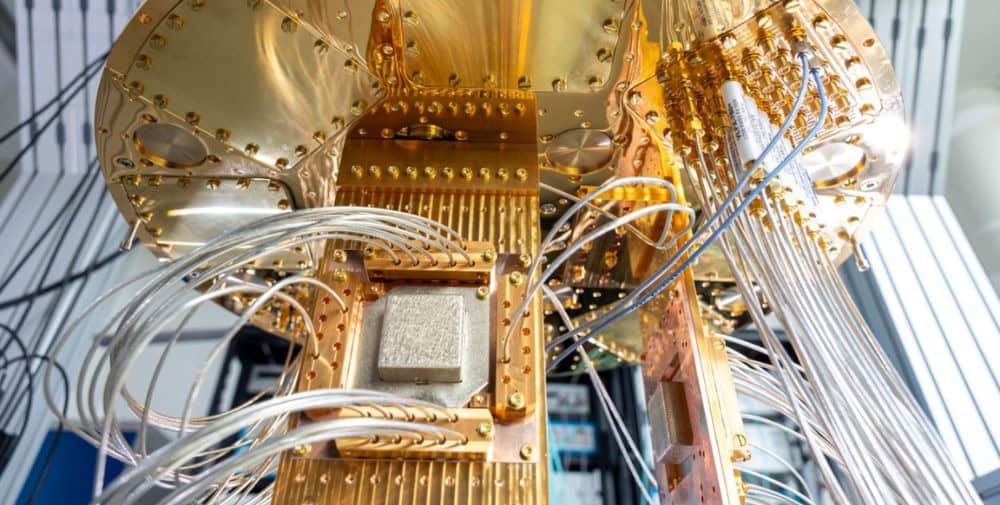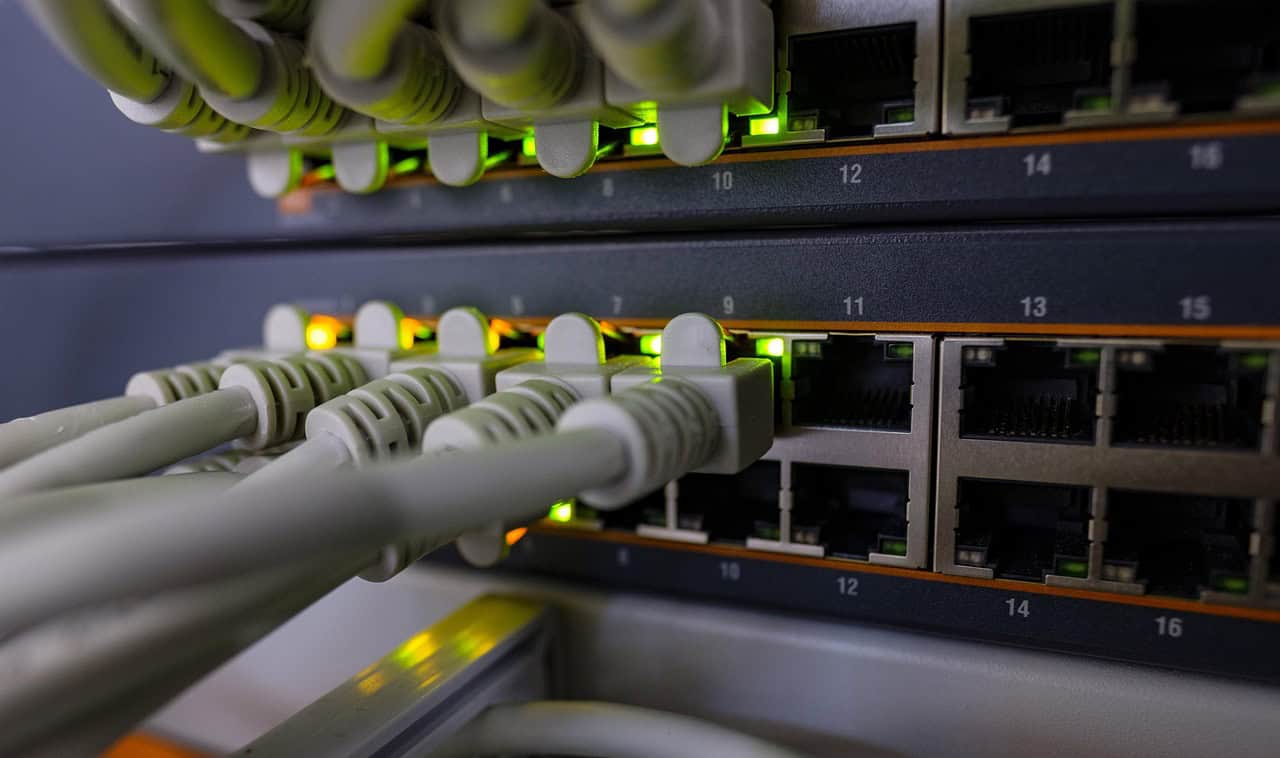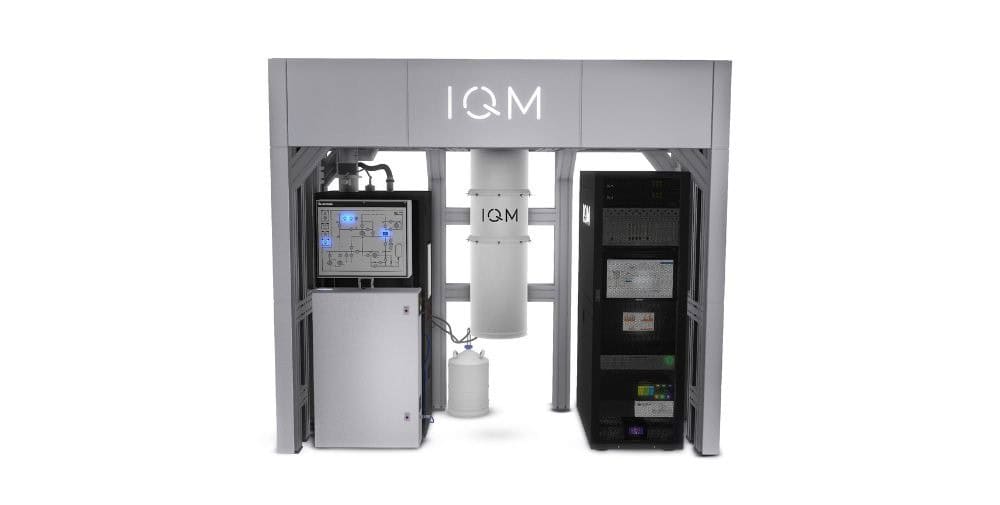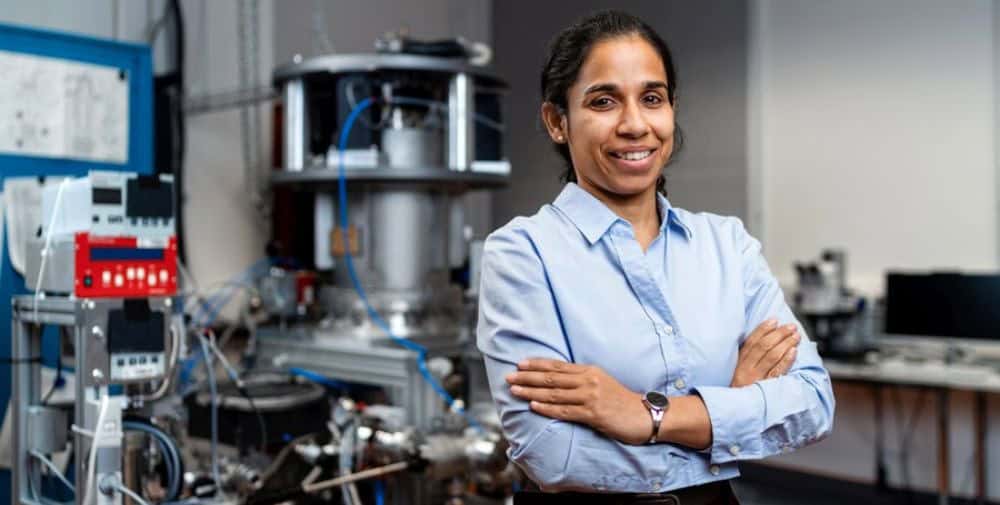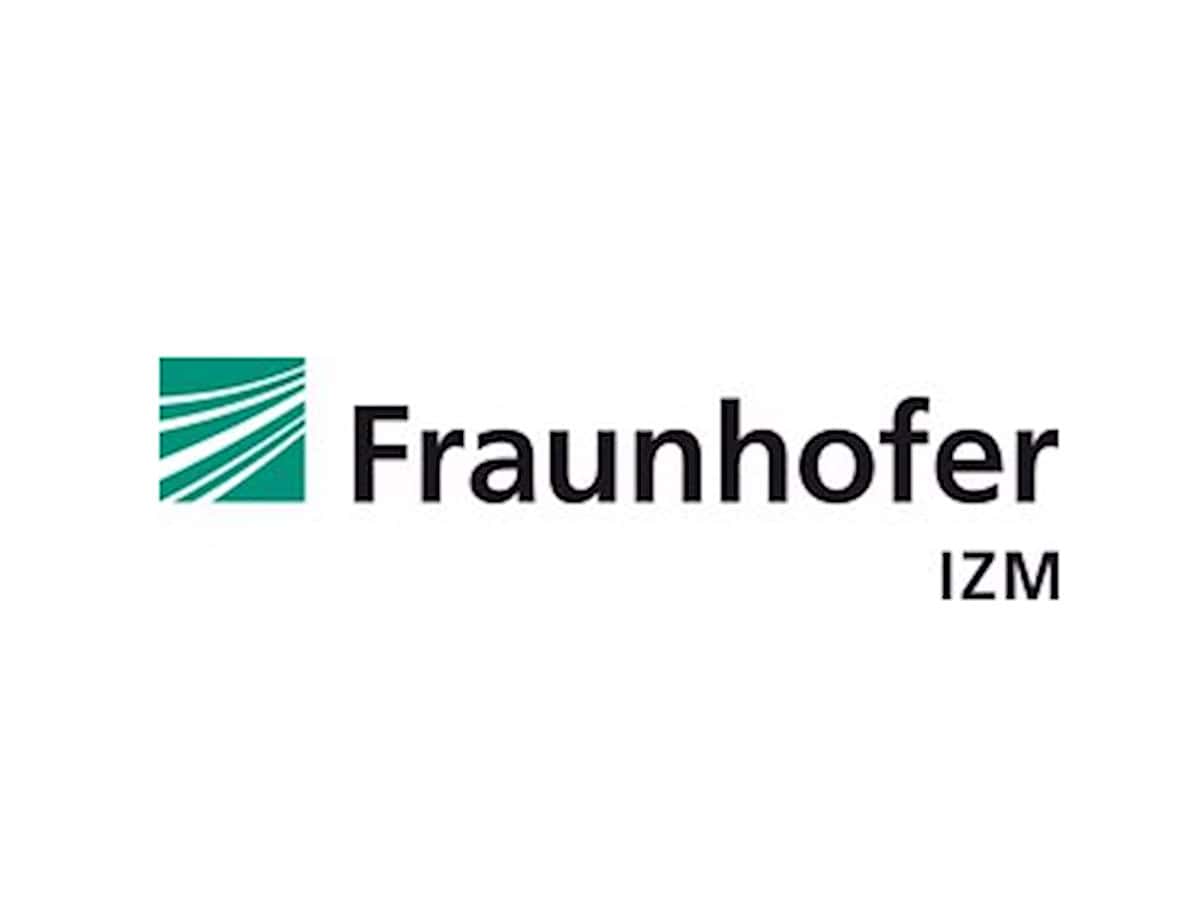
Quantum bits, or qubits for short, are the fundamental information units of quantum computers. Qubits can be in a superposition state, which enables quantum computers to perform complex calculations much faster than classical computers. To build useful quantum computers, many qubits must be connected together. However, as the number of qubits increases, so do the sources of error and the complexity of error correction.
Qubits are extremely sensitive to the smallest disturbances such as heat or material impurities. The aim of the partners from science and industry in the QSolid project (short for: Quantum computer in the solid state) is therefore to develop a system with various quantum processors that is based on next-generation superconducting circuits and has a very low error rate. This means that the qubits achieve a higher quality. The approach is considered to be world-leading and is also being pursued by Google, IBM and Intel.
Milestone at half-time
In September last year, a first prototype of the QSolid half-time demonstrator with 10 qubits, integrated software stack and cloud user access was put into operation at Forschungszentrum Jülich. It makes it possible to test applications and benchmarks for industry standards. By the end of 2026, the team will develop and optimize several processor types based on the results now presented. The prototype of the QSolid demonstrator is intended to multiply its performance in the future and form the basis for a future quantum computer developed in Germany.
The role of the interposer
In the project, Fraunhofer IZM-ASSID is currently focusing on optimizing the control and connection technology to the quantum chip. To this end, the researchers are providing innovative packaging technologies and, together with Fraunhofer IPMS and GlobalFoundries, have developed an interposer that optimizes the connection between qubits and control electronics. The electrically and thermomechanically stable interposer has a size of 20 x 15 millimetres and can implement over 10,000 wirings in a very small space using extremely thin conductor tracks. In addition, the two-part interposer can thermally decouple the quantum chip from the control electronics.
“The next step is to prove whether we can scale the process to even higher wiring densities, as coaxial structures are required for high-frequency wiring.” At 20 x 15 millimetres, the interposer is relatively small for this type of wiring. Together with Forschungszentrum Jülich and RWTH Aachen University, Steffen Bickel and his team are now investigating the effects on system behavior when the size of the interposer increases by a factor of two to three. A positive result for these tests can have far-reaching influences on the project outcome and the final demonstrators.
QSolid is funded by the German Federal Ministry of Research, Technology and Space (BMFTR) with 76.3 million euros. The project, in which 25 institutions from Germany are participating, is part of the German strategy to secure technological sovereignty in the field of quantum research. The overarching goal is to strengthen Germany’s industrial competitiveness and enable new applications in science and industry, for example in areas such as chemistry, materials research and medical technology.
Further information on the project: https://www.q-solid.en/
QSolid project partners:
AdMOS GmbH Advanced Modeling Solutions, MKS Atotech, CiS Forschungsinstitut für Mikrosensorik GmbH, s+c / Eviden, Fraunhofer-Institut für Zuverlässigkeit und Mikrointegration IZM, Freie Universität Berlin, Globalfoundries, Heinrich-Heine-Universität Düsseldorf, HQS Quantum Simulations GmbH, Fraunhofer-Institut für Photonische Mikrosysteme IPMS, IQM Germany GmbH, Forschungszentrum Jülich, Karlsruher Institut für Technologie, Leibniz-Institut für Photonische Technologien, LPKF Laser & Electronics AG, Parity Quantum Computing Germany GmbH, ParTec AG, Physikalisch-Technische Bundesanstalt, Qruise, Racyics GmbH, Rosenberger Hochfrequenztechnik GmbH & Co. KG, Supracon AG, University of Konstanz, University of Stuttgart, University of Ulm, University of Cologne, Zurich Instruments Germany
– – – – – –
Further links
👉 www.izm.fraunhofer.de
👉 www.q-solid.de
Photo: Forschungszentrum Jülich | Sascha Kreklau
